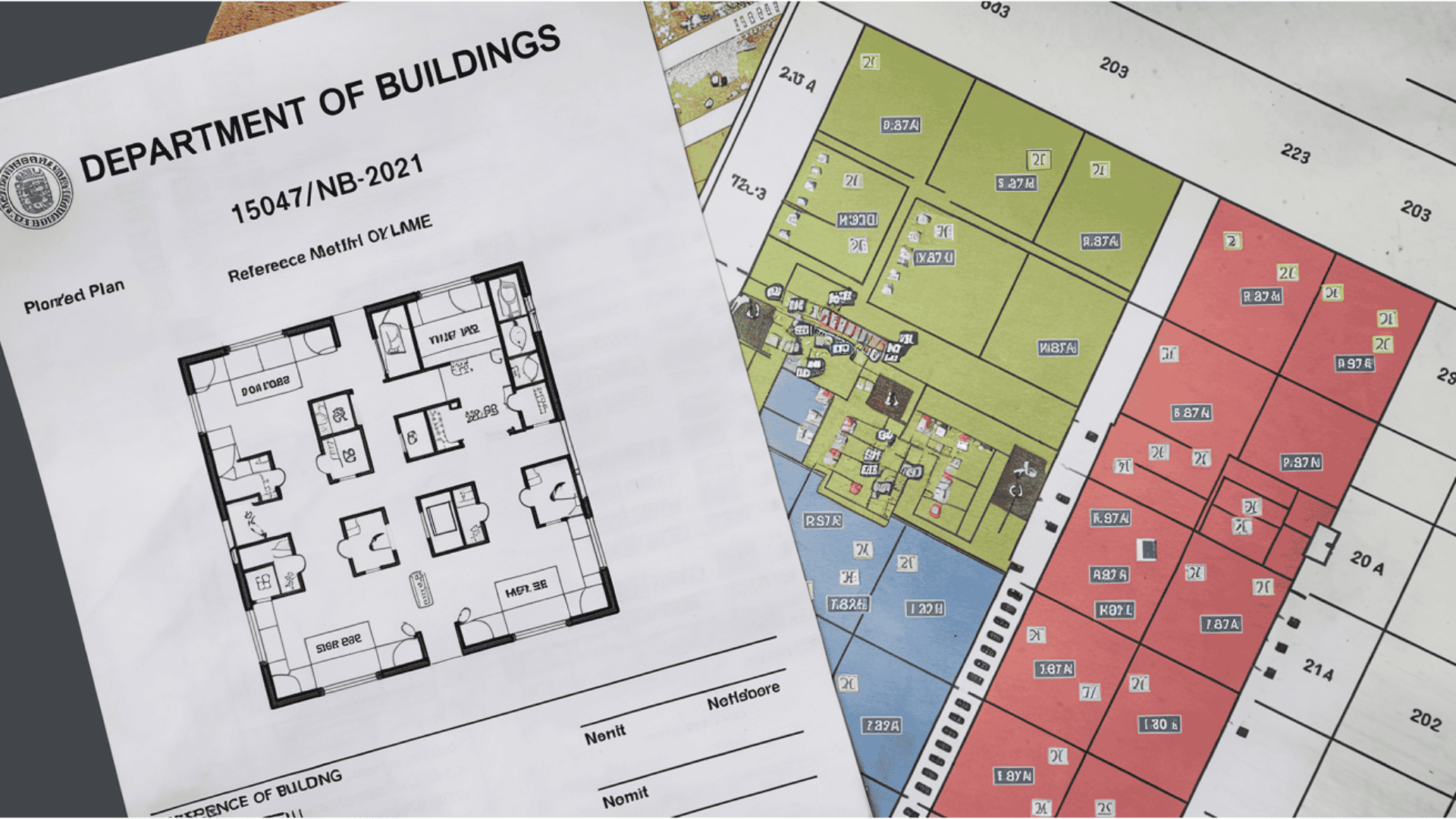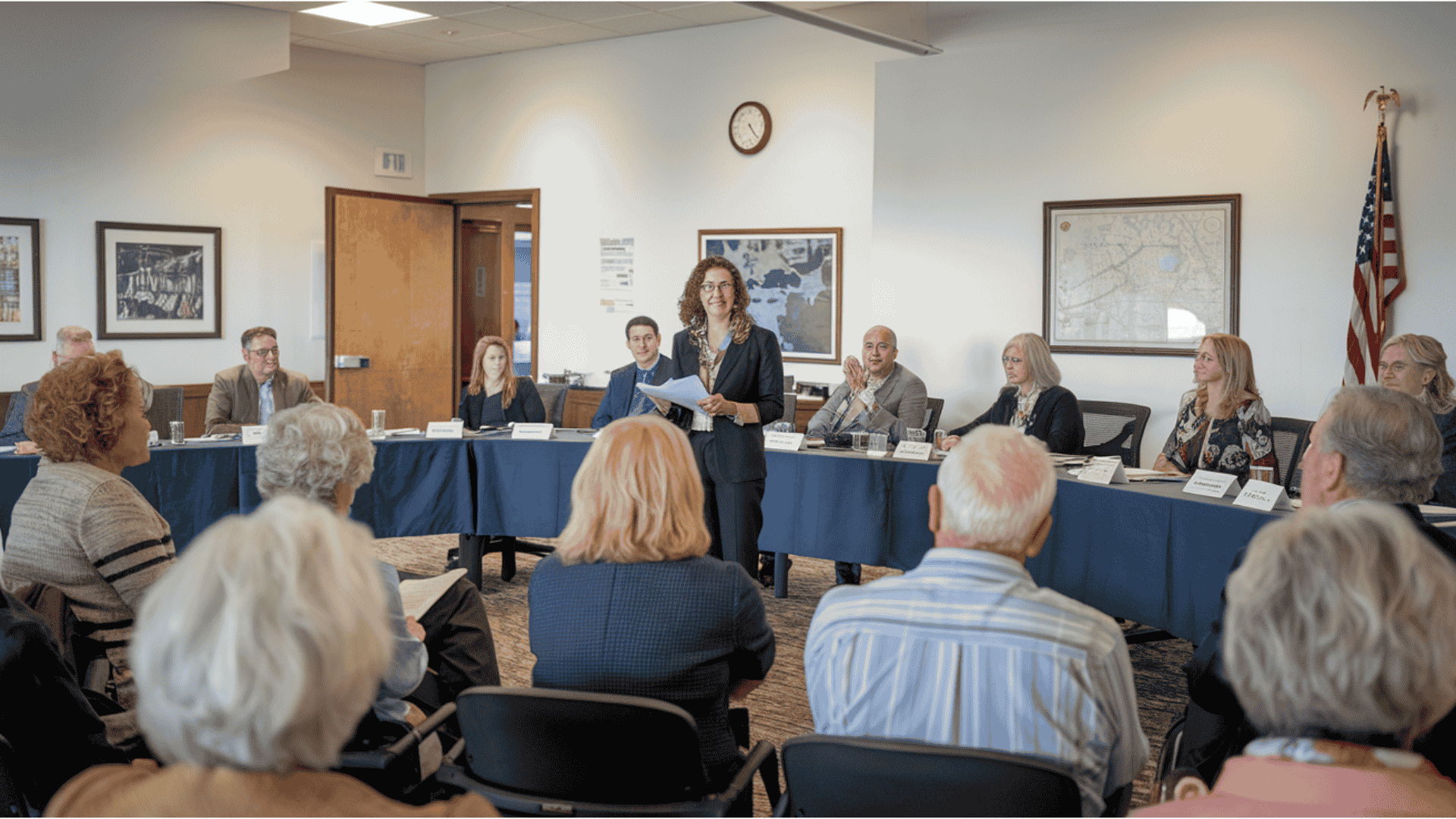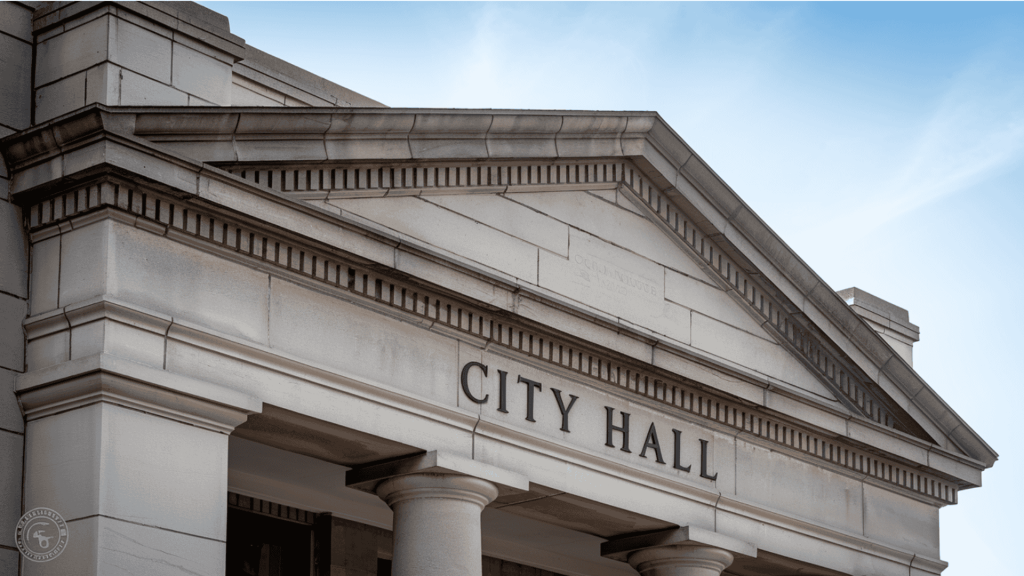Ever wonder who decides if that new coffee shop can open on your block? Or why does your street get repaved while others don’t?
Local governments make these choices every day, and their decisions touch almost every part of your life. From the water that flows from your tap to the parks where your kids play, local officials shape your community.
In this blog, I’ll show you exactly how local governments across the U.S. make decisions that affect your daily life.
You’ll learn who makes these choices, how the process works, and why these decisions matter so much to you and your family.
Most importantly, you’ll find out how you can have a say in the choices that shape your neighborhood.
What Is Local Government and Why Does It Matter
Local government is the level of government closest to you. It includes city councils, county commissioners, school boards, and special districts that manage day-to-day services.
These bodies have a direct impact on your quality of life, often in ways you may not notice until something goes wrong.
Unlike state or federal governments, local officials typically live in your community. They understand neighborhood needs firsthand and make decisions that respond quickly to local concerns.
This closeness makes local government decisions especially relevant to your daily routines.
Some of the areas most influenced by local government include:
- Water and sewer systems that deliver clean water and carry waste safely away
- Roads and traffic lights determine how smooth or stressful your commute feels.
- Police and fire protection affect how fast help arrives when you call 911.
- Parks and recreation facilities shape your family’s access to safe, well-maintained spaces.
Other important responsibilities include issuing building permits for home projects and granting business licenses that affect which shops and restaurants can operate in your community.
Each of these decisions shapes daily life, from the safety of your home to the vibrancy of your local economy.
City Council Decisions That Affect Daily Life
City councils are the main decision-making bodies in most communities. These elected officials meet regularly to vote on issues that affect residents.
How City Council Meetings Work
Most council meetings follow a predictable format. The meeting begins with a public comment period, during which residents can address local issues.
After public comments, the council handles old business by voting on previously discussed items. New business comes next, where members bring up fresh topics.
Council members review staff reports, hear from experts, and consider public input before casting their votes. Most decisions require a simple majority to pass.
Types of Decisions Councils Make
City councils handle budget decisions that determine how tax dollars are spent each year. They approve funding for street repairs, library programs, and other services.
Zoning decisions shape neighborhood development. Service contracts determine who is responsible for picking up trash and maintaining parks. Fee structures set costs for permits and utilities.
How Municipal Budgets Affect Daily Life
Your city’s budget determines which services you receive and how effectively they are delivered. Local governments collect money through property taxes, sales taxes, fees, and grants.
| Service Category | Typical Budget Share | Daily Impact |
|---|---|---|
| Public Safety | 30 to 40% | Police and fire response times |
| Public Works | 20 to 25% | Road repairs, snow removal |
| Parks & Recreation | 8 to 12% | Pool hours, park maintenance |
| Administration | 10 to 15% | Permit processing speed |
| Utilities | 15 to 20% | Water quality, trash pickup |
When budgets get tight, services often get cut or delayed. Budget meetings are open to the public, and residents can provide input on spending priorities.
The Role of Zoning in Communities

Zoning laws control what can be built in different areas of your city. These rules impact your neighborhood’s character and the value of your property.
Common Zoning Categories: Cities divide land into different zones based on its intended use. Residential zones typically allow single-family homes, apartments, and condominiums.
Commercial zones permit shops, offices, and restaurants. Industrial zones house factories and warehouses. Mixed-use zones combine homes with businesses. Agricultural zones protect farms and rural properties.
How Zoning Affects You: Zoning decisions have a real impact on your daily life. Commercial development near your home can raise or lower property values depending on the type of business.
New shopping centers bring more traffic to your streets. Industrial zones create noise that residential areas don’t experience. When developers build new housing, it affects local school classroom sizes.
Public Works and Infrastructure Projects
Public works departments oversee the physical systems that allow your city to function. They maintain roads, bridges, water pipes, and storm drains, which are essential infrastructure that you depend on every day.
How Infrastructure Projects Get Approved
Infrastructure projects move through a structured process. City staff first identify needs, such as potholes or areas where population growth requires new systems.
Engineering teams then design solutions, prepare blueprints, and estimate project timelines. Once costs are calculated, officials determine how to pay for the work through local budgets or grants.
Before approval, residents are invited to attend hearings and share feedback on proposed projects. Finally, city councils review the plans, debate the merits, and vote on whether to move forward.
Once approved, construction begins, and progress updates are typically shared through city websites and newsletters.
Infrastructure Projects That Affect Daily Life
Some of the most common projects directly influence daily routines:
-
Road improvements include repaving cracked asphalt, widening streets to ease congestion, or adding bike lanes.
-
Water system upgrades that replace aging pipes, improve treatment facilities, and ensure the availability of clean drinking water.
-
Stormwater management systems are designed to prevent flooding in neighborhoods during heavy rains.
Bridge repairs and technology improvements, such as adding fiber optic cables for faster internet, are also common.
These upgrades may seem routine, but they have a significant impact on safety, convenience, and the quality of life in your community.
How to Engage With Local Government Decisions

You have many ways to influence local government decisions. Most officials welcome input from residents. Ways to get involved:
Attend Public Meetings: City council sessions happen monthly. Planning commission hearings focus on development issues. Budget workshops let you comment on spending priorities.
Contact Your Representatives: Email or call council members directly. Most officials set aside office hours for face-to-face meetings. Send written comments before important votes.
Stay Informed: Read local newspapers and check government websites. Follow council meeting agendas. Join neighborhood associations. Sign up for city newsletters.
How to Challenge Decisions
If you disagree with a decision, you have options. Many decisions can be appealed to higher authorities. Initiative petitions allow you to gather signatures to place issues on the ballot.
Recall elections remove officials through voting. Legal challenges are used to address decisions that violate laws.
Remember that local officials are your neighbors. Respectful communication is more effective than angry confrontations.
Conclusion
Local governments make hundreds of decisions each year that shape your daily experience.
From approving development projects to setting snow removal priorities, these choices affect your commute, property value, and quality of life.
Local government is the most accessible level of government where you can actually influence decisions.
The key is staying informed about what’s happening in your community and speaking up when issues matter to you. Attend a council meeting, contact your representatives, or join a neighborhood group.
What local government decision has affected your life recently? Have you ever contacted your city council about an issue that mattered to you?






































